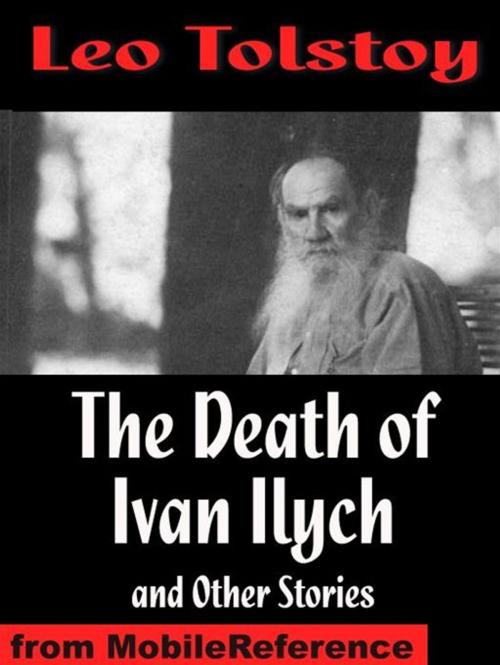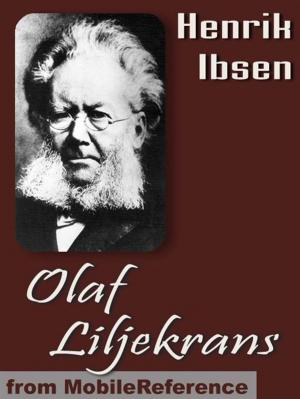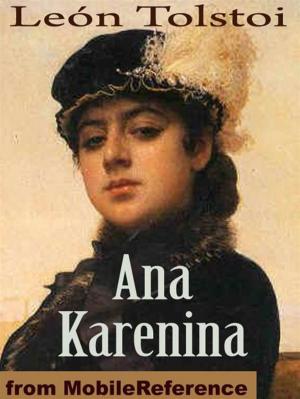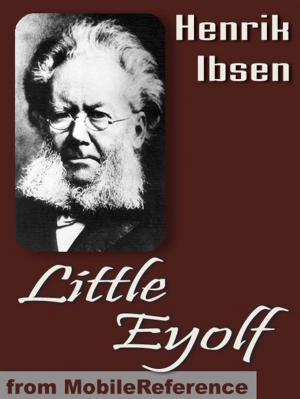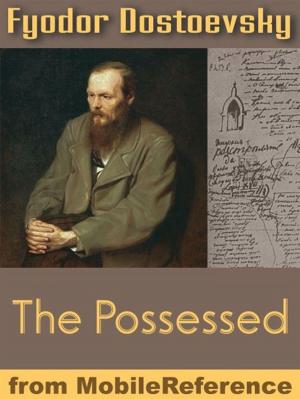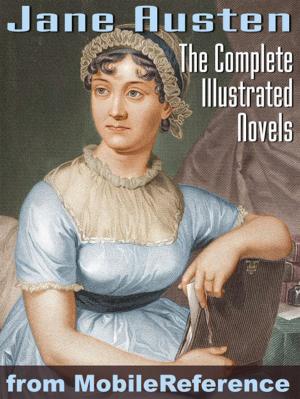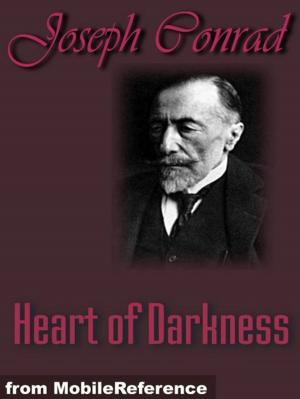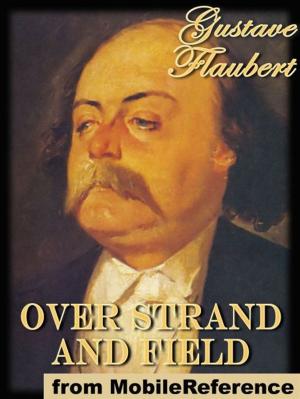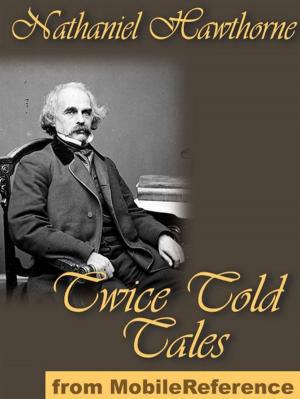The Death Of Ivan Ilych And Other Stories: The Death Of Ivan Ilych, Family Happiness, The Kreutzer Sonata, Master And Man (Mobi Classics)
Fiction & Literature, Psychological, Classics| Author: | Leo Tolstoy | ISBN: | 9781605013053 |
| Publisher: | MobileReference | Publication: | January 1, 2010 |
| Imprint: | MobileReference | Language: | English |
| Author: | Leo Tolstoy |
| ISBN: | 9781605013053 |
| Publisher: | MobileReference |
| Publication: | January 1, 2010 |
| Imprint: | MobileReference |
| Language: | English |
The Death of Ivan Ilych and Other Stories: Family Happiness; The Kreutzer Sonata; Master and Man Translated by Louise and Aylmer Maude, William S. Gottsberger, Benjamin R. Tucker The Death of Ivan Ilyich (Smert' Ivana Ilyicha), first published in 1886, is a novella by Leo Tolstoy. It is one of Tolstoy's most celebrated pieces of late fiction. This work stems in part from Tolstoy's anguished intellectual and spiritual struggles which led to his conversion to Christianity. Central to the story is an examination on the nature of both life and death, and how man can come to terms with death's very inevitability. The novella was acclaimed by Vladimir Nabokov and Mahatma Gandhi as the greatest in the whole of Russian literature Family Happiness is an 1859 novella written by Leo Tolstoy. The story concerns the love and marriage of a young girl, Mashechka, and the much older Sergey Mikhaylych, an old family friend. After a somewhat awkward courtship, the two are married and move to Mikhaylych's home. Over the course of the 100 page story, Mashechka finds that married life and her feelings for Mikhaylych are much more complex than she had thought and have little to do with her previous, slightly naive, notions of marriage, hence the ironic overtones of the title, "Family Happiness".The Kreutzer Sonata is a novella by Leo Tolstoy, published in 1889 and promptly censored by the Russian authorities. The work is an argument for the ideal of sexual abstinence and an in-depth first-person description of jealous rage. The main character, Pozdnyshev, relates the events leading up to his killing his wife; in his analysis, the root cause for the deed were the "animal excesses" and "swinish connection" governing the relation between the sexes.Master and Man In this short story, a land owner named Vasili Andreevich Brekhunov takes along one of his peasants, Nikita, for a short journey to the house of the owner of a forest. He is impatient and wishes to get to the town more quickly 'for business' (purchasing the forest before other contenders can get there). They find themselves in the middle of a blizzard, but the master in his avarice wishes to press on. They eventually get lost off the road and they try to camp. The master's peasant soon finds himself about to die from hypothermia. The master attains a spiritual/moral revelation, and Tolstoy once again repeats one of his famous themes: that the only true happiness in life is found by living for others. The master then lies on top of the peasant to keep him warm through the cold night. He, himself is too exposed to the cold though and dies. His peasant's life is saved.- Excerpted from Wikipedia, the free encyclopedia.
The Death of Ivan Ilych and Other Stories: Family Happiness; The Kreutzer Sonata; Master and Man Translated by Louise and Aylmer Maude, William S. Gottsberger, Benjamin R. Tucker The Death of Ivan Ilyich (Smert' Ivana Ilyicha), first published in 1886, is a novella by Leo Tolstoy. It is one of Tolstoy's most celebrated pieces of late fiction. This work stems in part from Tolstoy's anguished intellectual and spiritual struggles which led to his conversion to Christianity. Central to the story is an examination on the nature of both life and death, and how man can come to terms with death's very inevitability. The novella was acclaimed by Vladimir Nabokov and Mahatma Gandhi as the greatest in the whole of Russian literature Family Happiness is an 1859 novella written by Leo Tolstoy. The story concerns the love and marriage of a young girl, Mashechka, and the much older Sergey Mikhaylych, an old family friend. After a somewhat awkward courtship, the two are married and move to Mikhaylych's home. Over the course of the 100 page story, Mashechka finds that married life and her feelings for Mikhaylych are much more complex than she had thought and have little to do with her previous, slightly naive, notions of marriage, hence the ironic overtones of the title, "Family Happiness".The Kreutzer Sonata is a novella by Leo Tolstoy, published in 1889 and promptly censored by the Russian authorities. The work is an argument for the ideal of sexual abstinence and an in-depth first-person description of jealous rage. The main character, Pozdnyshev, relates the events leading up to his killing his wife; in his analysis, the root cause for the deed were the "animal excesses" and "swinish connection" governing the relation between the sexes.Master and Man In this short story, a land owner named Vasili Andreevich Brekhunov takes along one of his peasants, Nikita, for a short journey to the house of the owner of a forest. He is impatient and wishes to get to the town more quickly 'for business' (purchasing the forest before other contenders can get there). They find themselves in the middle of a blizzard, but the master in his avarice wishes to press on. They eventually get lost off the road and they try to camp. The master's peasant soon finds himself about to die from hypothermia. The master attains a spiritual/moral revelation, and Tolstoy once again repeats one of his famous themes: that the only true happiness in life is found by living for others. The master then lies on top of the peasant to keep him warm through the cold night. He, himself is too exposed to the cold though and dies. His peasant's life is saved.- Excerpted from Wikipedia, the free encyclopedia.
